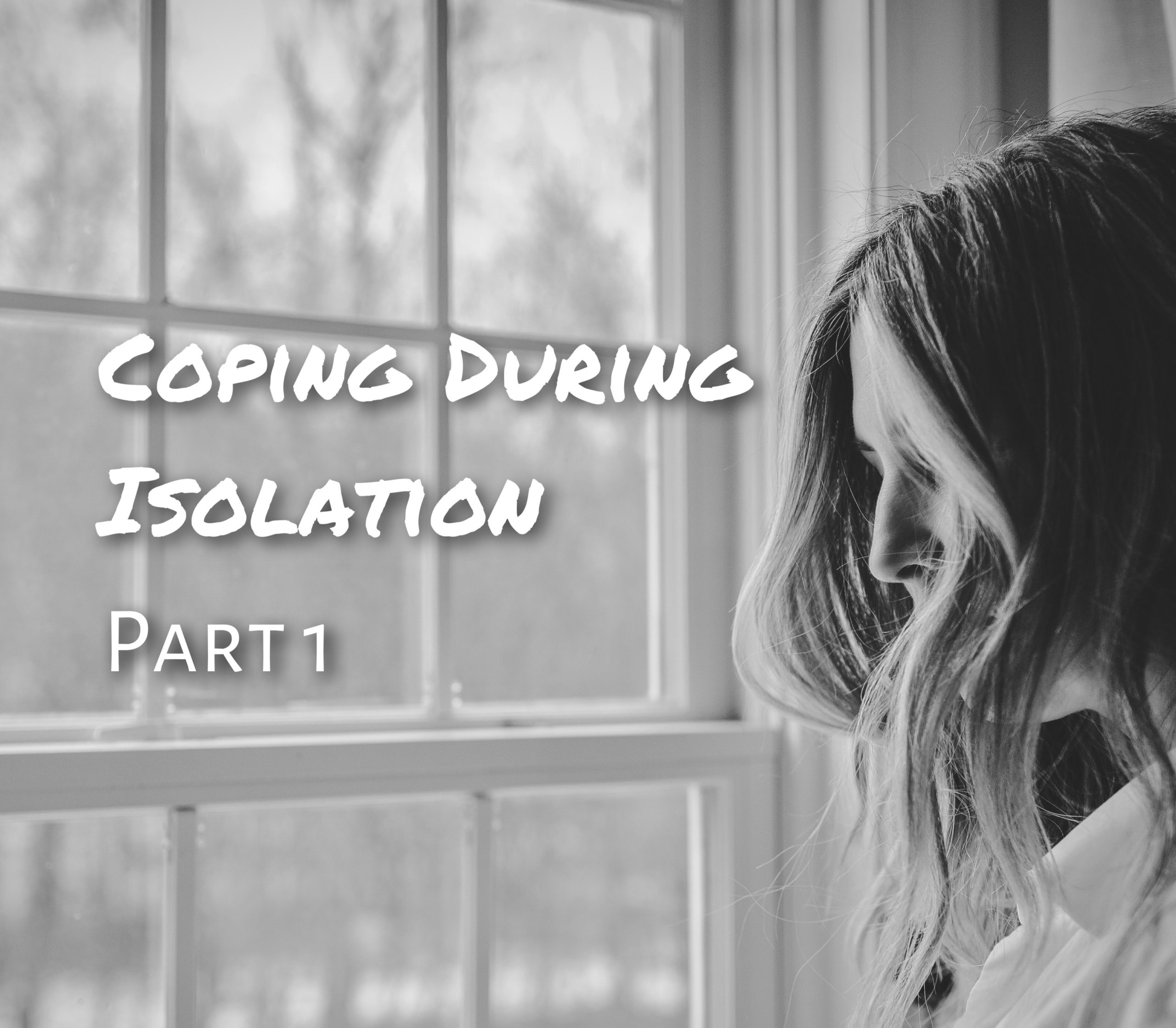
The Effect of COVID-19 and Mental Health Part 1 of 4
With the uncertainty of when our lives will get back to business as usual, many people that have never experienced a mental health disorder are beginning to understand what anxiety and depression are like. This new, overwhelming feeling can leave them feeling lost during times of isolation. Mental health disorders do not discriminate – it affects any age, gender or background. The stress of COVID-19 is increasing the number of people facing anxiety and depression.
Who are the people facing increased stress?
Children and teens
Children generally respond based on what they see from their parents or other adults in the home. It is best to be calm and confident when you talk to your children about the virus and reassure them what is being done as a precaution. Depending on the age of the child(ren), limit or prohibit them from watching the news. They may misunderstand what they see or hear, causing more fear.
Older people and those with chronic illnesses
The best thing those with chronic illnesses or an older age can do it to continue healthy habits. It’s also best to limit exposure, practice social distancing and continue regular medications prescribed. Making time to unwind or go for a walk and exercise can reduce stress and increase overall health.
Those in the healthcare field
Those medical professionals on the front lines run the risk of emotional and physical exhaustion. Allow yourself downtime to refuel; read a book, exercise or just relax. Another helpful recommendation is to take a break from the news or media coverage because that can likely add more stress to an already stressful situation.
Many of these tools are taken from coping mechanisms already taught to those with existing mental health disorders. There are many mental health counselors and peer support specialists available via telehealth, phone or online sources.
If you or someone you know is working through a mental health disorder, like depression or anxiety, please contact the professional team at Lifeline Connections. You can visit Lifelineconnections.org, our Services & Locations information or call (360) 397-8246 for more information. We offer mental health outpatient programs customized plans for your needs. Some may include individual and group therapy, peer support and opportunities to learn various wellness skills.
Our caring counselors, clinicians and psychiatric professionals will be with you every step of your journey. Learn more about our mental health programs.
Source:
